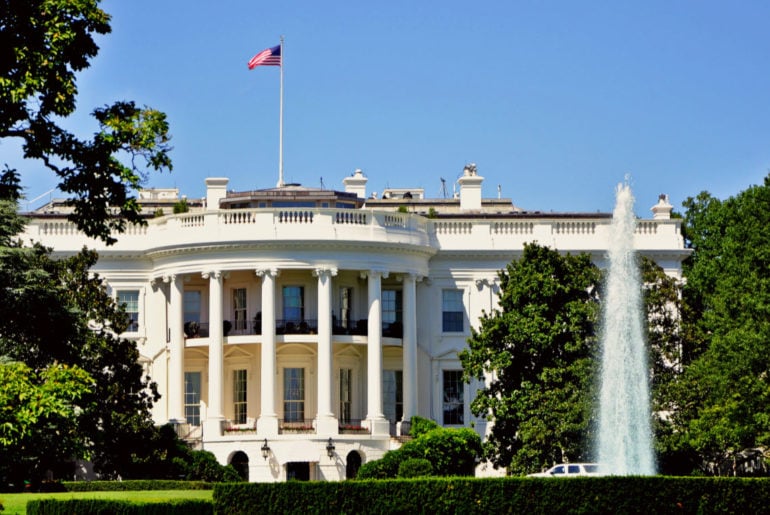On December 16, 2021, the US Treasury Department’s Office of Foreign Assets Control (“OFAC”) designated eight Chinese tech companies to the Non-SDN Chinese Military-Industrial Complex Companies (“NS-CMIC”) list pursuant to Executive Order 13959, as amended by Executive Order 14032, for their alleged involvement in supporting surveillance of ethnic and religious minorities in Xinjiang, China. On the next day, the US Commerce Department’s Bureau of Industry and Security (“BIS”) also added 37 new parties to the BIS Entity List, including 25 Chinese companies for their alleged involvement in efforts to develop and use biotechnology and other technologies for military application and human rights abuses. These sanctions are part of an increase in US Government efforts to prevent alleged human rights abuses.
On 8 November 2021, the Government issued Decree No. 98/2021/ND-CP on management of medical devices (“Decree 98”). Decree 98 took effect from 1 January 2022 and replaced Decree No. 36/2016/ND-CP, Decree No. 169/2018/ND-CP and Decree No. 03/2020/ND-CP.
Cyber fraud remains a significant risk to businesses and individuals. In the 11 months to November 2021, over 500 phishing scams, worth more than HKD 1.4 billion in losses, were reported to the Hong Kong Police. The Police have been developing and will soon launch a free software to assist businesses in identifying phishing scams.
Although criminal liabilities are of key concern and often seen as frightening risks for many businesses in Thailand, especially for foreign directors or executives, business operators may find themselves currently unequipped or that some businesses are more susceptible to criminal liabilities than others.
The Thai Ministry of Public Health issued the ministerial regulation on the application for and the issuance of the license for the manufacturing, import, export, sale or possession of cannabis.
On 11 October 2021, the Competition Commission of Singapore (CCCS) issued a press release announcing that it had successfully obtained a Court order against a sole proprietor trading under the business name “Fire Safety & Prevention (SG)” for engaging in a series of unfair trade practices.
On 26 November 2021, the Consumers Association of Singapore launched the Standard Dispute Management Framework for E-marketplaces (“Framework”). The Framework serves as a guide for E-marketplaces on how to resolve consumer disputes speedily and fairly, and which would give greater assurance to consumers when they shop online.
“In the spirit” of simplifying Indonesian regulatory frameworks, the Minister of Trade (MOT) recently issued MOT Regulation No. 18 of 2021 on Goods Prohibited from Being Imported and Exported to further implement Government Regulation No. 29 of 2021 on the Organization of the Trade Sector.
On 25 November 2021, the United Nations announced that all 193 member states of the United Nations Educational, Scientific and Cultural Organization, including Singapore, adopted a first-of-its-kind global agreement on the ethics of artificial intelligence. The agreement focuses on the broader ethical implications of AI systems in relation to education, science, culture, communication and information; and articulates common values and principles to assist in the creation of legal infrastructure for the healthy development of AI.
On 9 December 2021, Singapore and the UK substantially concluded negotiations on the UK-Singapore Digital Economy Agreement (UKSDEA). The UKSDEA covers key areas of the digital economy, such as data, artificial intelligence, fintech, digital identities and legal technology.



